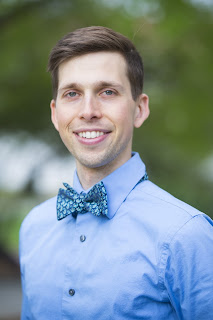Gender Bias in the Sciences: A Neuroethical Priority

By Lindsey Grubbs Lindsey Grubbs is a doctoral candidate in English at Emory University, where she is also pursuing a certificate in bioethics. Her work has been published in Literature & Medicine and the American Journal of Bioethics Neuroscience, and she has a chapter co-authored with Karen Rommelfanger forthcoming in the Routledge Handbook of Neuroethics. In a March 29, 2017 lecture at Emory University, Dr. Bita Moghaddam , Chair of the Department of Behavioral Neuroscience at Oregon Health & Science University, began her talk, “Women’s Reality in Academic Science,” by asking the room of around fifty undergraduate and graduate students, “Who’s not here today?” The answer? Men. (Mostly. To be fair, there were two.) Women in the audience offered a few hypotheses: maybe men felt like they would be judged for coming to a “women’s” event; maybe they wanted the women in their community to enjoy a female-majority space; maybe they don’t thi...



